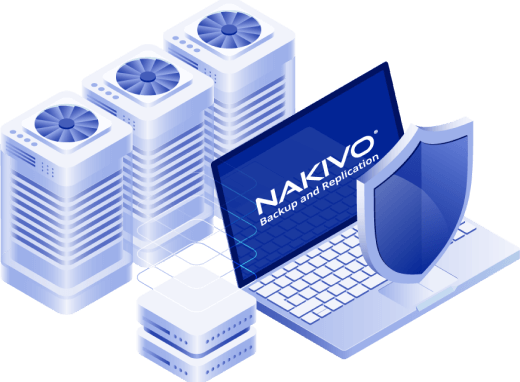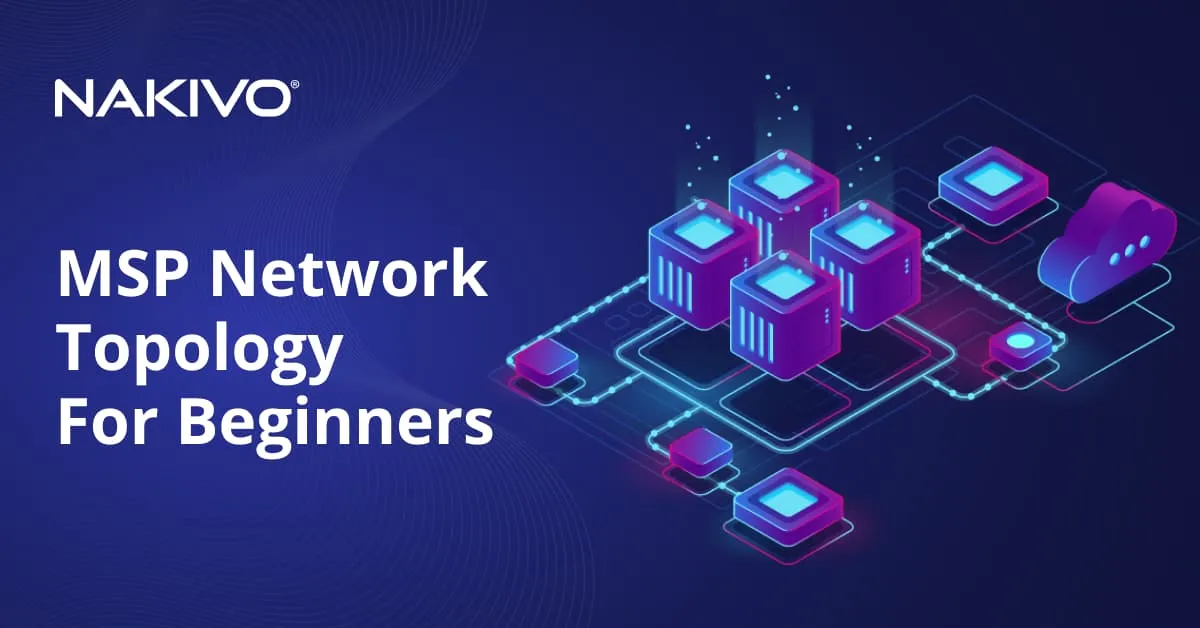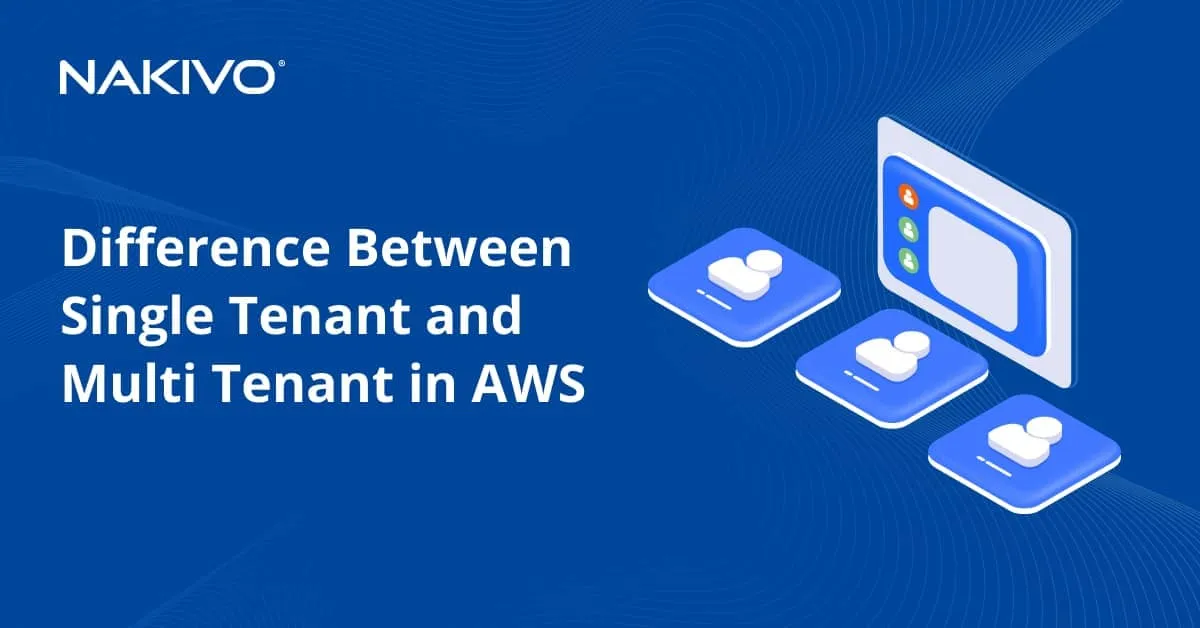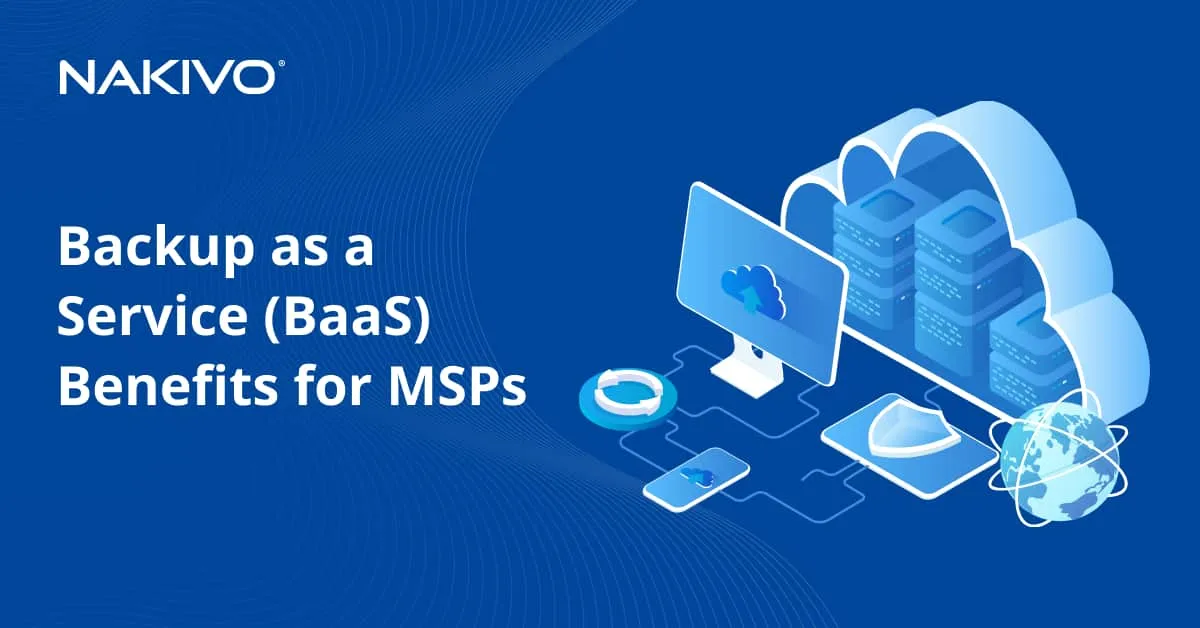What Is an MSP or Managed Service Provider?
MSPs, or Managed Service Providers, are outsourced contractors that deliver specific IT services to their clients. Modern MSPs can organize workflows and solutions to build IT infrastructures according to the requirements of their clients. Additionally, MSPs ensure proper administration and reliability to keep their systems and services available.
The size of the global MSP market is predicted to grow from almost $250 billion to nearly $470 billion between 2023 and 2030, with an estimated compound annual growth rate of 11.04%.
This post explains the main benefits that are driving the demand behind MSPs. Also, we highlight the challenges and pricing models of managed service providers that you might want to consider when choosing an MSP.
What Are Managed Services Used for?
Small and medium-sized businesses (SMBs) and enterprise organizations hire MSPs to offload certain IT services and responsibilities to experts. Instead of keeping entire departments of full-time employees, organizations can just pay for these qualifications. Then, they get the required IT infrastructure elements, workflows and support without investing in hardware, system assembly, setup and maintenance themselves.
MSPs usually fulfill different functions, such as:
- Maintenance of IT processes and hardware
- Expert tech support for non-technical departments
- Cybersecurity integration
- User account and access control
- Risk and legal compliance management
What Types of Services Does an MSP Offer?
An MSP mainly offers one or more of the following services:
- Data center management
- Backup and recovery management
- Backup-as-a-service (BaaS)
- Disaster-recovery-as-a-service (DRaaS)
- Communication management
- Security management
- Mobility management
- Infrastructure management
- Network management
Small to mid-sized MSPs can offer particular expertise, for example, in cloud adoption or SMB cybersecurity. Advanced managed IT service providers can have multiple teams of experts in various fields to supply complex services and all-in-one solutions.
The Benefits of Using an MSP
Several features and specific methods bring certain benefits that allow managed service providers to compete successfully against “traditional” IT services. For example, you might appreciate the following MSP advantages:
Cost-efficiency
Modern businesses, especially startups and small companies, can find the usual IT budgets too big to bear. In case you have systems installed, they require maintenance and timely upgrades. Additionally, extra costs to infrastructure management and development can be a challenge to an evolving SMB or an enterprise implementing digital transformation.
Still, information technologies are critical for organizations to run efficient production, regardless of their industry. Managed IT providers can perform regular maintenance to support the proper performance of an organization’s systems. Additionally, MSP experts can predict future IT-related investments, considering both the current infrastructure and the estimated growth based on business performance.
Lastly, MSPs can help organizations quickly switch to updated and more efficient practices and solutions. Combined with the MSP pricing, which is normally lower than that of building an IT team from scratch, infrastructure and maintenance savings make MSPs a cost-effective choice.
Resource optimization
Contracting an MSP enables you to offload particular IT-related responsibilities and focus your hardware, human and financial resources on your revenue-generating activities. A managed service provider integrates, maintains and upgrades the solutions required to run services that you need for production.
An MSP ensures the required service availability and your team simply uses the provided IT infrastructure to complete job duties. Contragents and clients then receive up-to-date service and help you generate revenue. In case any questions or issues arise in the process, you contact your MSP’s support for consultations and fixes.
Expertise
Organizations concentrating on their specialization are more effective: they have more time and resources to find clients, develop sales and improve products and services. However, as mentioned before, modern organizations need information technology integrations to remain competitive. The problem is that hiring top-quality specialists is hard, and this is where managed IT service providers can be beneficial.
With an MSP, your organization gets the required IT solution and a qualified team that knows how to install, set up and maintain it. The price is key here: you receive reachable experts for a small fraction of the full-time department’s cost. In case your production workflows don’t need on-board specialists (many organizations don’t hire them for a reason), an MSP is a suitable choice. Keeping up with the dynamic IT pace without overinvesting in system maintenance can be your competitive advantage.
24/7 Availability
Modern managed service providers keep their services and support teams available 24/7. Such MSPs can perform constant infrastructure monitoring and management even beyond workdays, staying in touch for critical notification and assistance. This ensures your organization’s production continuity and quick resolution of arising issues.
Data Protection Improvement
The LockBit ransomware strain has caused serious downtime on corporate and government IT systems worldwide, leading to multi-million dollar losses. The constant evolution of cyber threats makes IT security and data protection critical for organizations.
MSPs are IT-focused and must be aware of those threats and practices to counter them or mitigate their outcomes. When MSPs are aware, the infrastructures they build for you can be more cyber resilient and protected to ensure data security, uptime and regulatory compliance.
Scalability
Newly-established organizations can appreciate the affordability of MSPs for smaller teams. Still, as your requirements grow, the same managed service provider can gradually expand the infrastructure, maintenance and support.
When the quality of services satisfies you, you can cooperate with the same MSP throughout the entire lifecycle of your organization. This ensures adequate IT performance, predictable scaling and smooth integration of new useful functions in the future.
What Are the Challenges of Managed Service Providers?
Managed IT service providers can also have issues that you might want to avoid before contracting an MSP. Below is the list of typical MSP challenges. Consider focusing on these key points to detect problems early when choosing between MSPs.
Response times and support
An MSP may delay response times and lack qualified staff, slowing down the support when IT issues arise. This can frustrate a client who counts on immediate assistance and might force them to consider other solutions or vendors.
Insufficient expertise and knowledge
When looking for an MSP to organize IT workflows, clients want to be sure that they contract experienced professionals. The deficiency of expertise and knowledge decreases the quality of services, thus preventing clients from getting the performance, functionality and maintenance they need.
Staff/resource deficiency
Even a reputable MSP may fail to provide services of the same high quality due to, for example, insufficient hardware performance after expanding the client base. The lack of expert staff is another problem that may lead to unwanted IT system downtime and delayed tech support for a client.
Security monitoring and threat protection
The stability of MSP services relies on the ability to ensure infrastructure security and react to cyber threats. In case security monitoring and threat protection on the MSP’s side isn’t effective enough, the data and production of their clients are at risk. Note that managed service providers utilize cloud services to enable remote cooperation, making cloud protection a cornerstone of their security.
Network dependency
Organizations and MSPs need stable and fast networks on both sides for smooth cooperation. Connection problems can make service provisioning impossible.
The worst thing is that network availability and quality also depend on third parties. Fixing issues to resume proper service functioning can take time in this case, leading to financial and reputational losses for the client and the managed IT provider.
Sprawling environments
Modern organizations can have hundreds and thousands of different devices involved in production: from server clusters to smartphones and IoT gadgets. Maintaining, updating and upgrading the nodes inside such complex systems to ensure top performance requires thorough planning, constant monitoring and excellent execution.
The more complex your environment is, the higher the chance that your MSP will fail to update antivirus databases when needed. The outcomes of even a minor IT-related issue may vary from a short service disruption to a global system failure that leads to data loss.
What is the Pricing Model for MSPs?
The two main pricing models that managed service providers use are:
- Per device – the MSP rate depends on the number of devices they serve and maintain
- Per user – the MSP calculates the total service cost based on the number of team members to support
Based on their model, MSPs can enable monthly or yearly charges for clients. A monthly charge allows for more flexibility when budgeting. Yearly payment is usually more affordable compared to monthly rates for the same period. Managed IT providers can also offer quarter or custom payment periods to adjust to client needs.
In general, monthly charges can be the choice for startups that need quality IT support at an affordable price. Yearly payments can fit enterprises with stable revenue to get prolonged services and simplify budget accounting.
Conclusion
An MSP (Managed Service Provider) is a contractor delivering IT services in fields like data storage, backup and recovery, communication, security, network and mobility management. Organizations can consider contracting MSPs to increase IT cost efficiency, optimize resources, get the required qualifications and professional support and ensure improved data protection and scalability.
The key points to consider when choosing an MSP are response times, proficiency, human and compute resources, cyber protection methods and network reliability. Enterprise organizations might also want to check the MSP’s ability to manage complex IT environments.





